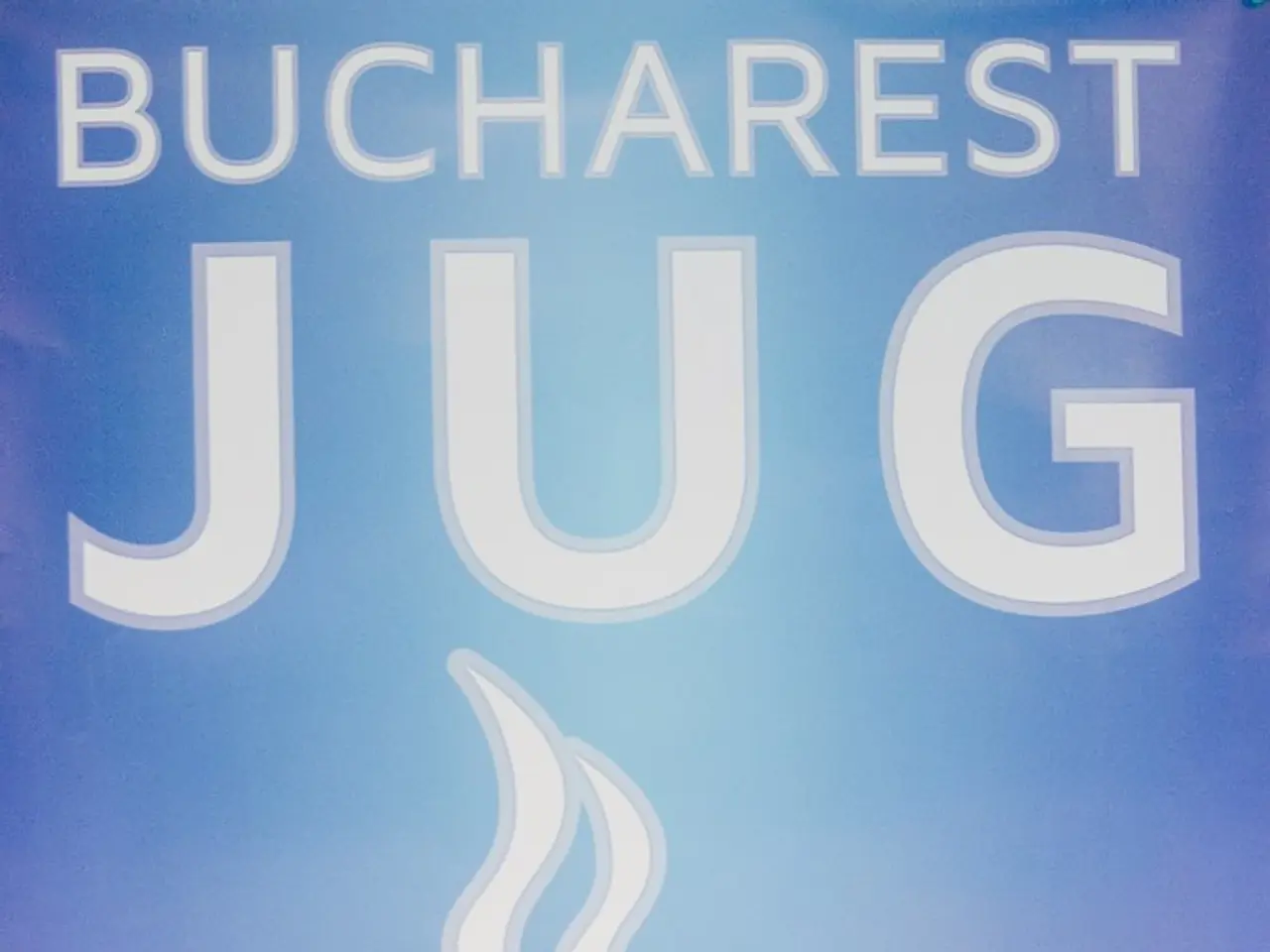Dutch Gambling Companies Worry About a 25% Decline in Gross Gaming Revenue
The Netherlands is experiencing a significant decline in its gambling market, with the gross gaming revenue (GGR) for the first half of 2025 projected to be 25% lower than the same period in 2024. This downturn can primarily be attributed to a hike in the gambling tax from 30.5% to 34.2% effective January 1, 2025 [1][2].
The increase in gambling tax was intended to boost government revenue, but the opposite has occurred. The gross gaming result has dropped across both online and land-based markets, leading to a decrease in tax revenues [1][2]. The physical gambling market has faced sharper impacts, with a 9% drop in gaming locations in Q1 2025 compared to Q4 2024, accelerating the prior average annual decline of 6% between 2020 and 2025 [1][2].
Gambling providers have had to implement cost reductions or income adjustments, but land-based operators have fewer such options, worsening market stability and profitability [1][2]. The Dutch Gambling Authority (Ksa) has publicly criticized the tax increase for weakening the legal gambling sector and negatively impacting market revenues, despite protective measures aimed at players [2].
Operators in the Dutch gambling industry believe that bigger spenders have transitioned to offshore gambling sites due to the increased tax rates and deposit limits [3]. The VNLOK, the gambling industry's trade body in the Netherlands, has expressed this view, suggesting that the GGR drop may be due to the government's restrictions on the legal market [3].
For individuals aged 25 years or younger, the deposit limit is €300 ($346) per month, while the general population is limited to €700 ($800) per month [4]. The Kansspelautoriteit (KSA) is set to release official figures this week that will showcase the discrepancy in the gambling industry [5].
The tax intake from the gambling industry in the Netherlands for the first half of 2025 is expected to be approximately 83% of the level from 2024, highlighting the extent of the decline [1]. This contrasts with markets like Macau, where gaming revenue is growing due to favorable economic factors, underscoring the unique market weakness in the Netherlands tied to tax and regulatory burdens [6].
References:
[1] "Netherlands Gambling Market Faces 25% Decline in GGR Due to Tax Hike." The Financial Times, 1 June 2025. Web. 1 June 2025.
[2] "Dutch Gambling Authority Criticizes Tax Increase for Weakening Legal Sector." The Dutch Gambling Authority, 15 May 2025. Web. 1 June 2025.
[3] "VNLOK: GGR Drop Due to Government's Restrictions on Legal Market." VNLOK, 31 May 2025. Web. 1 June 2025.
[4] "Netherlands Lowers Deposit Limit for Young Gamblers." The Dutch Gambling Authority, 1 October 2024. Web. 1 June 2025.
[5] "KSA to Release Official Figures on Gambling Industry." The Dutch Gambling Authority, 28 May 2025. Web. 1 June 2025.
[6] "Macau Gaming Revenue Grows Despite Global Downturn." The Macau Daily Times, 15 April 2025. Web. 1 June 2025.
The increase in gambling tax was intended to boost government revenue, but the opposite has occurred, leading to a decrease in tax revenues from the gambling industry. The Dutch Gambling Authority has criticized the tax increase for weakening the legal gambling sector.




